Does Teething Cause Gas
Does teething cause gas. Teething causes none of the above symptoms. Once the fun and games of the day-time activities come to an end your poor little baby is no longer distracted by the outside world so his teething discomfort seems multiplied causing the sleep problems. Teething has been wrongfully blamed for the common maladies in infants of 6 to 12 months age such as fever febrile illness diarrhea or even rash.
Irritable bowel syndrome IBS is a group of symptomsincluding pain or discomfort in your abdomen and changes in your bowel movement patternsthat occur together. There are obviously a lot of uncomfortable symptoms associated with teething which cause crankiness and a disrupted sleep schedule. Other potential causes of diarrhea in babies include lactose intolerance and cows milk allergy.
Theres no science to back them up. Each person has their own reaction to single foods. These bacteria can produce extra gas and may also cause diarrhea and weight loss.
These reports are seen as controversial. Pain Management 36 years experience Teething causes none. Most of the time infant gas is normal and treatable.
New baby teeth usually erupt from the gums between 6 to 24 months of age. Teething can cause excessive drooling. Gas does not cause colic but if your baby is colicky they may swallow more air which gives them more gas.
If the gas. This process can cause gas abdominal pain diarrhea nausea or vomiting. Drooling is normal for babies till 2 years of age.
Let us understand the relation between teething and drooling. Some foods cause you gas after you eat them.
Gas that causes significant upset often indicates a problem beyond normal newborn gassiness.
Each person has their own reaction to single foods. Resources for your journey. Less fluid intake leads to constipation which can even cause gas. Other common symptoms of teething include drooling unusual crankiness rubbing of the gums or face difficultly sleeping decreased appetite a slightly elevated body temperature or frequent pulling at his ears. Most of the time infant gas is normal and treatable. Unreasonable and increased drooling begins occurring around this season of teething. When Should You Worry. Small intestinal bacterial overgrowth is most often a complication of other conditions. Gas that causes significant upset often indicates a problem beyond normal newborn gassiness.
Some foods cause you gas after you eat them. Other common symptoms of teething include drooling unusual crankiness rubbing of the gums or face difficultly sleeping decreased appetite a slightly elevated body temperature or frequent pulling at his ears. Teething doesnt cause diarrhea. Most of the time infant gas is normal and treatable. Small intestinal bacterial overgrowth is most often a complication of other conditions. Many medications cause dry mouth which can intensify the amount of air you consume says RaymondInvestigate whether the side effects of your medications are linked to dry mouth. As your child grows her body will be better able to handle a greater variety of foods.
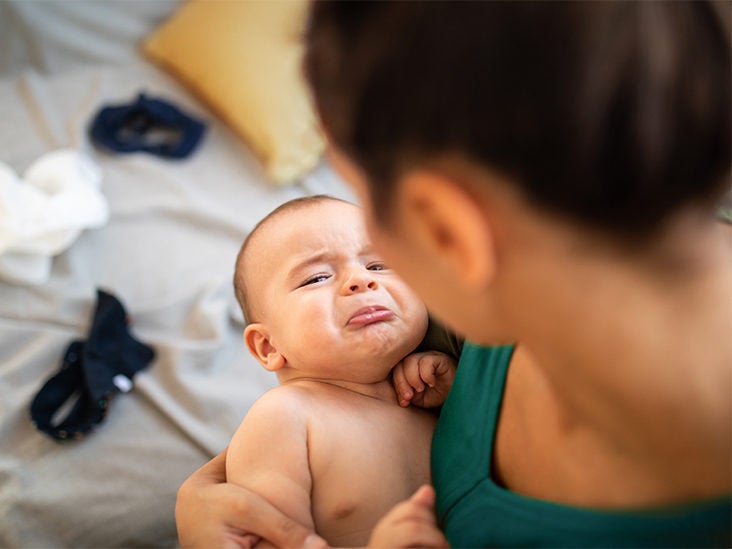
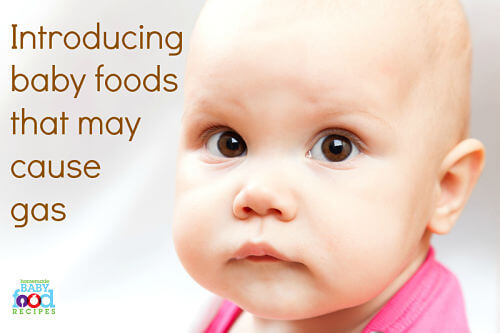



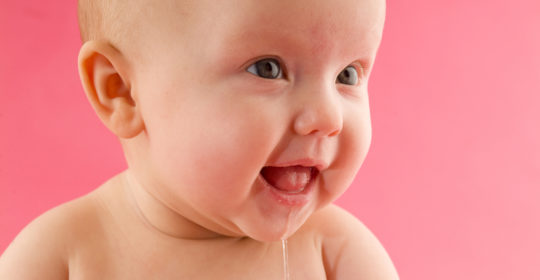


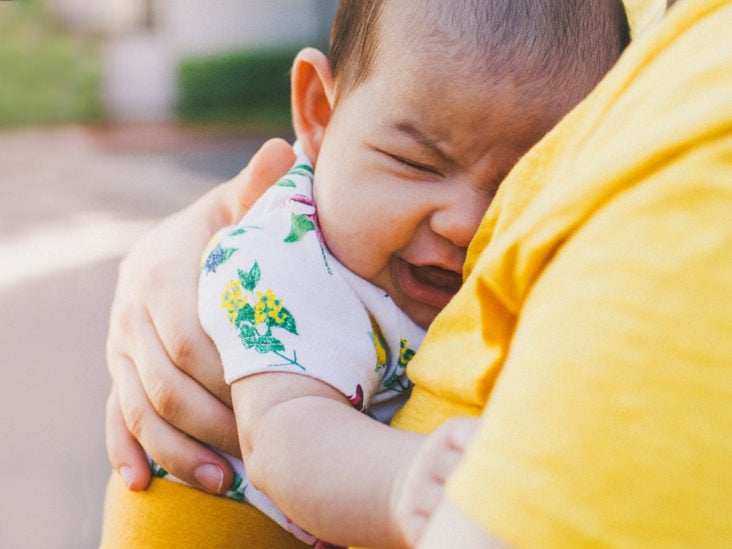
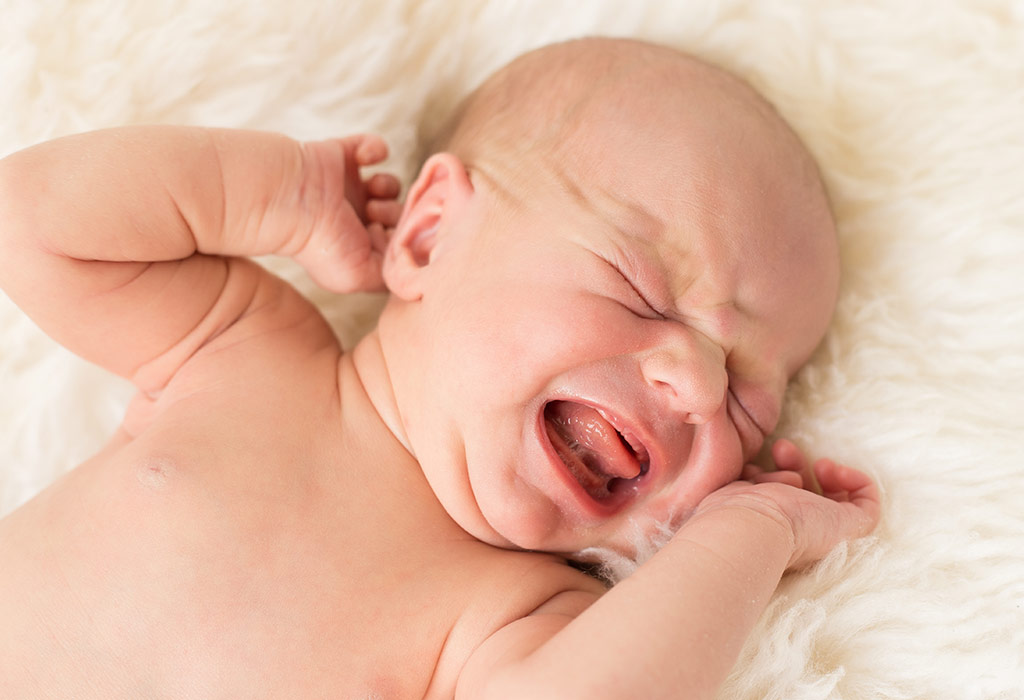

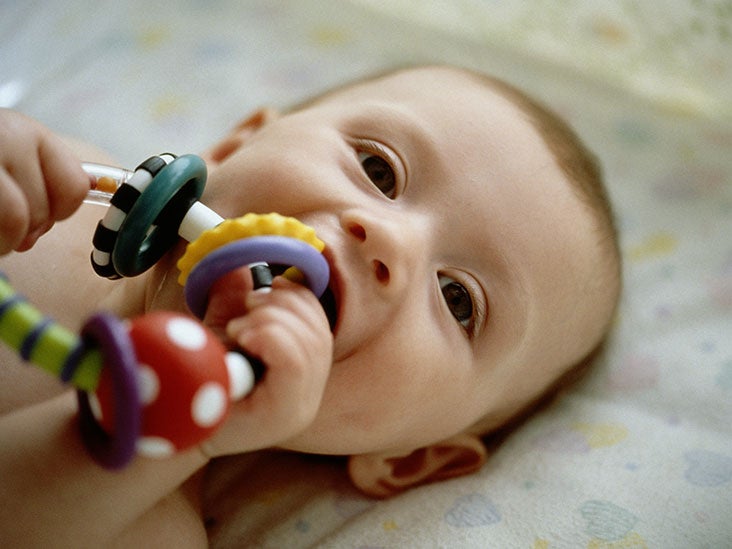




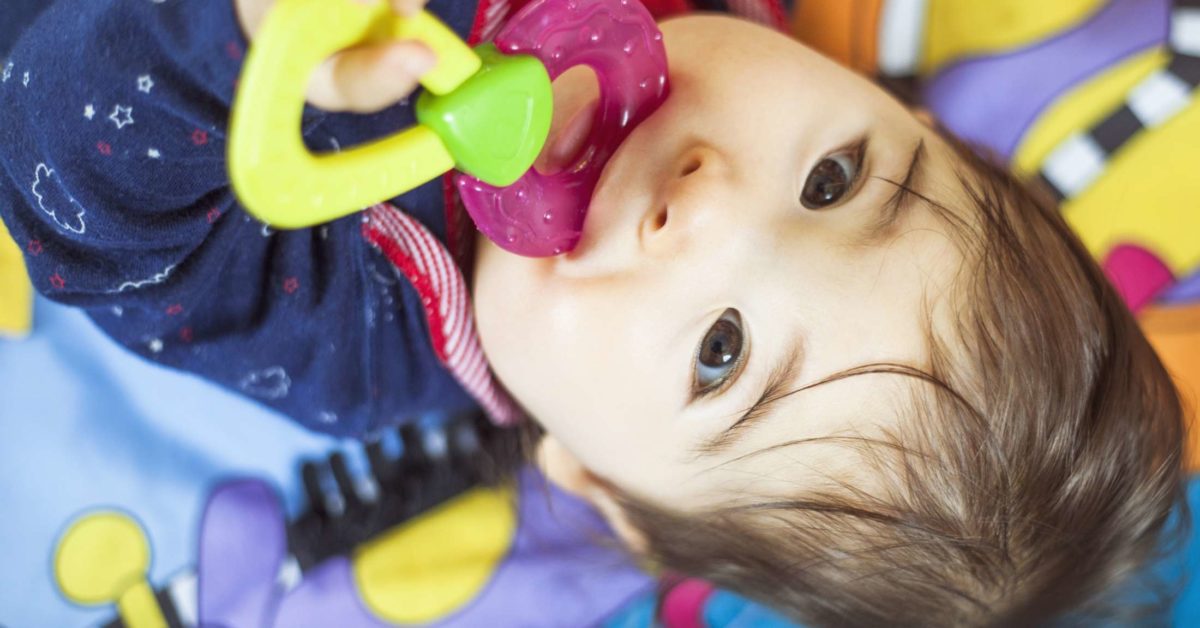


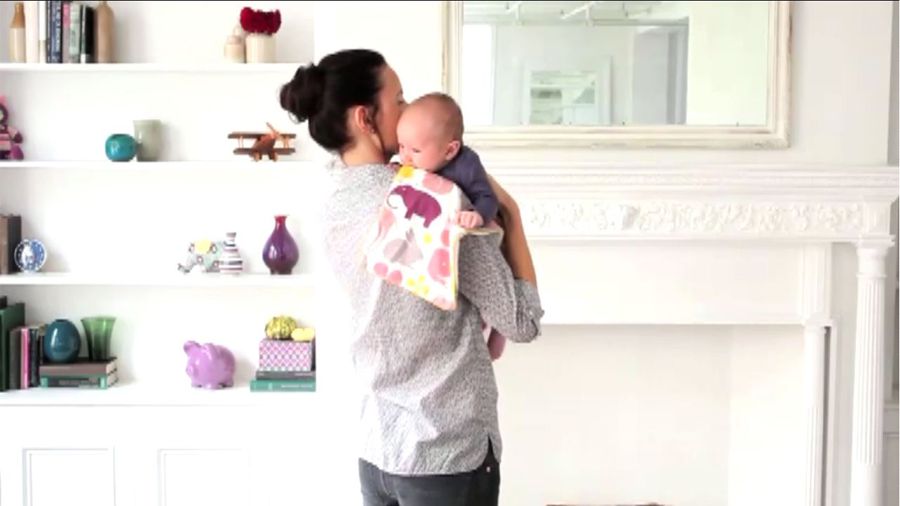



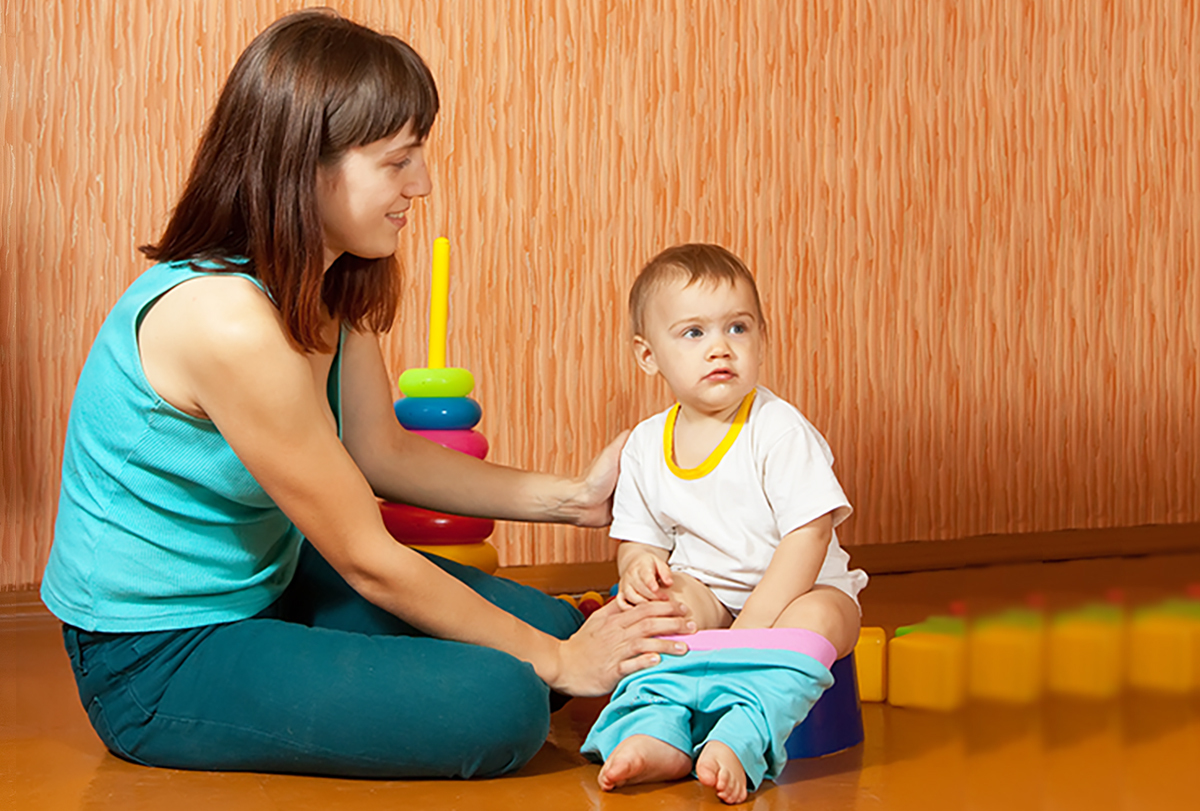
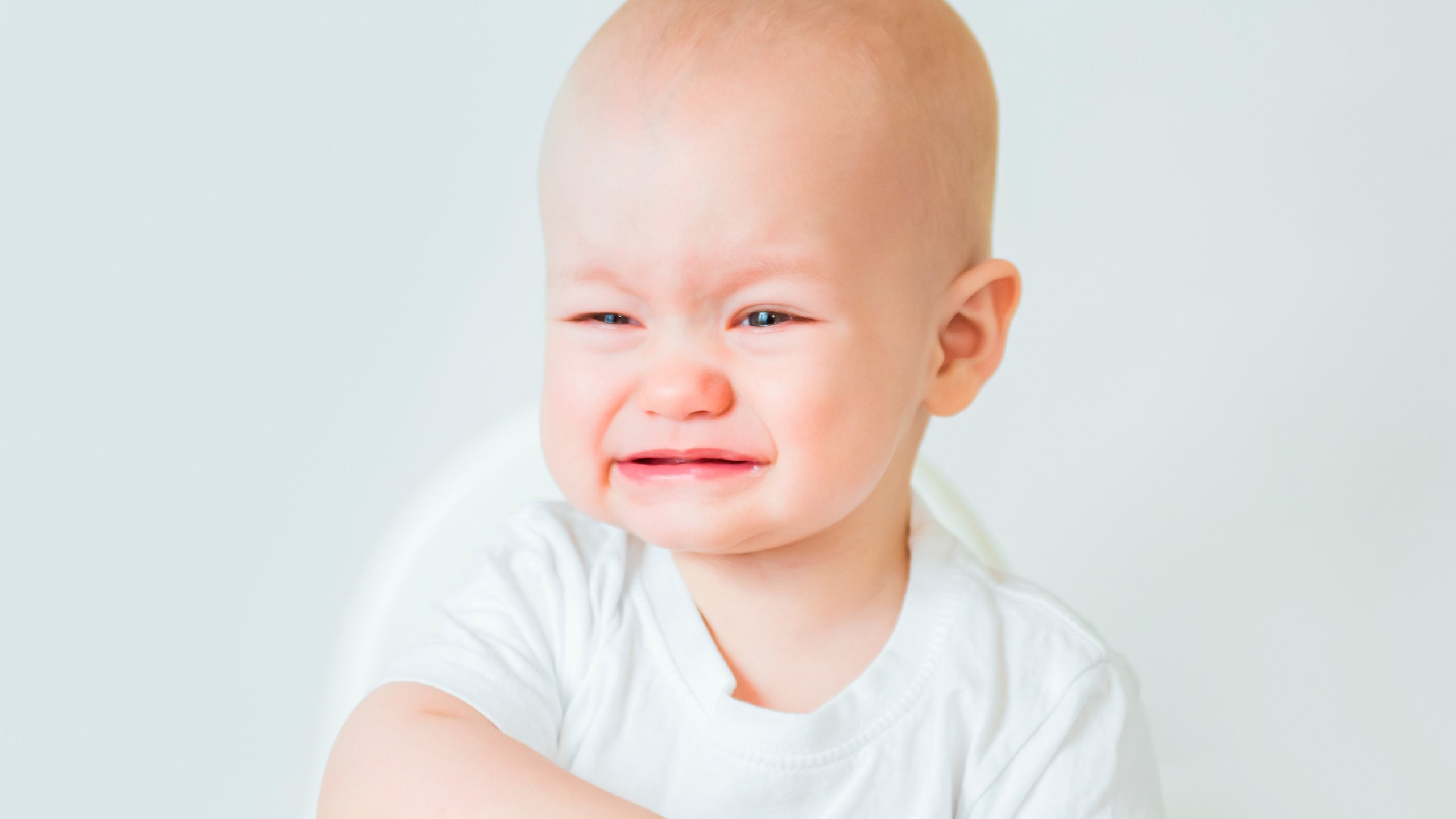
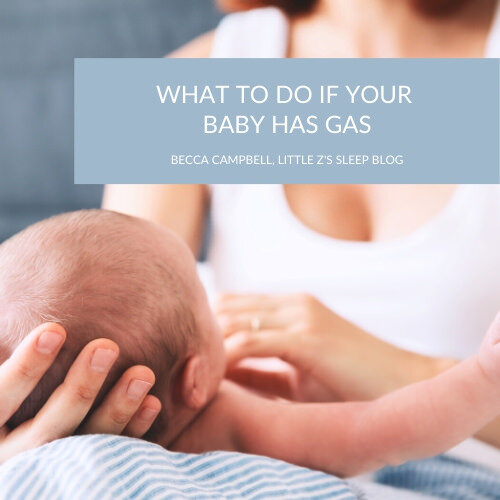
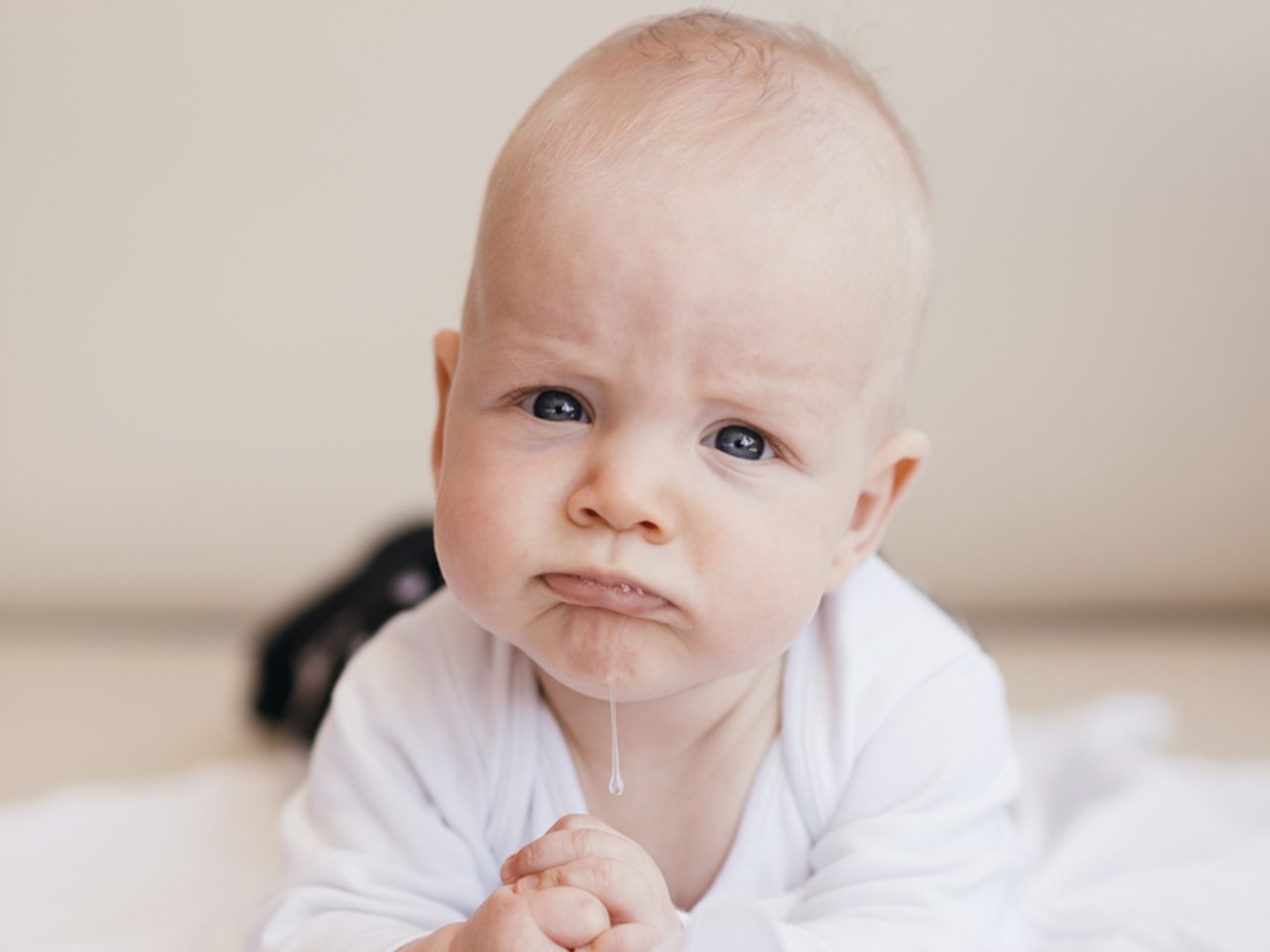


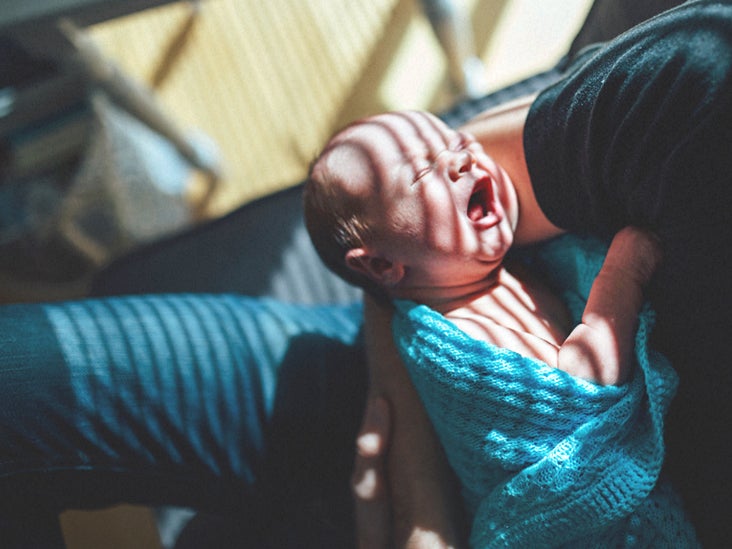


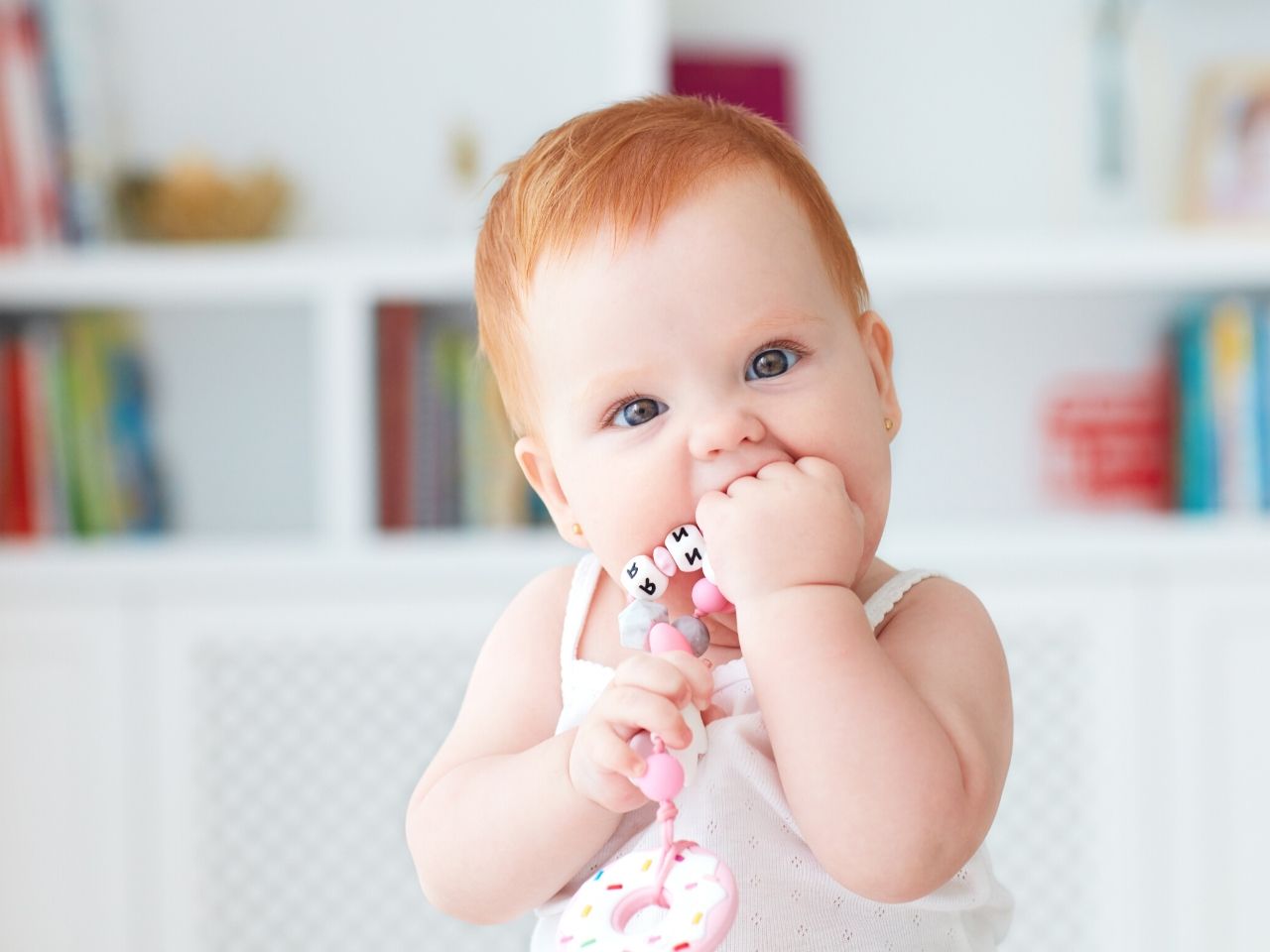




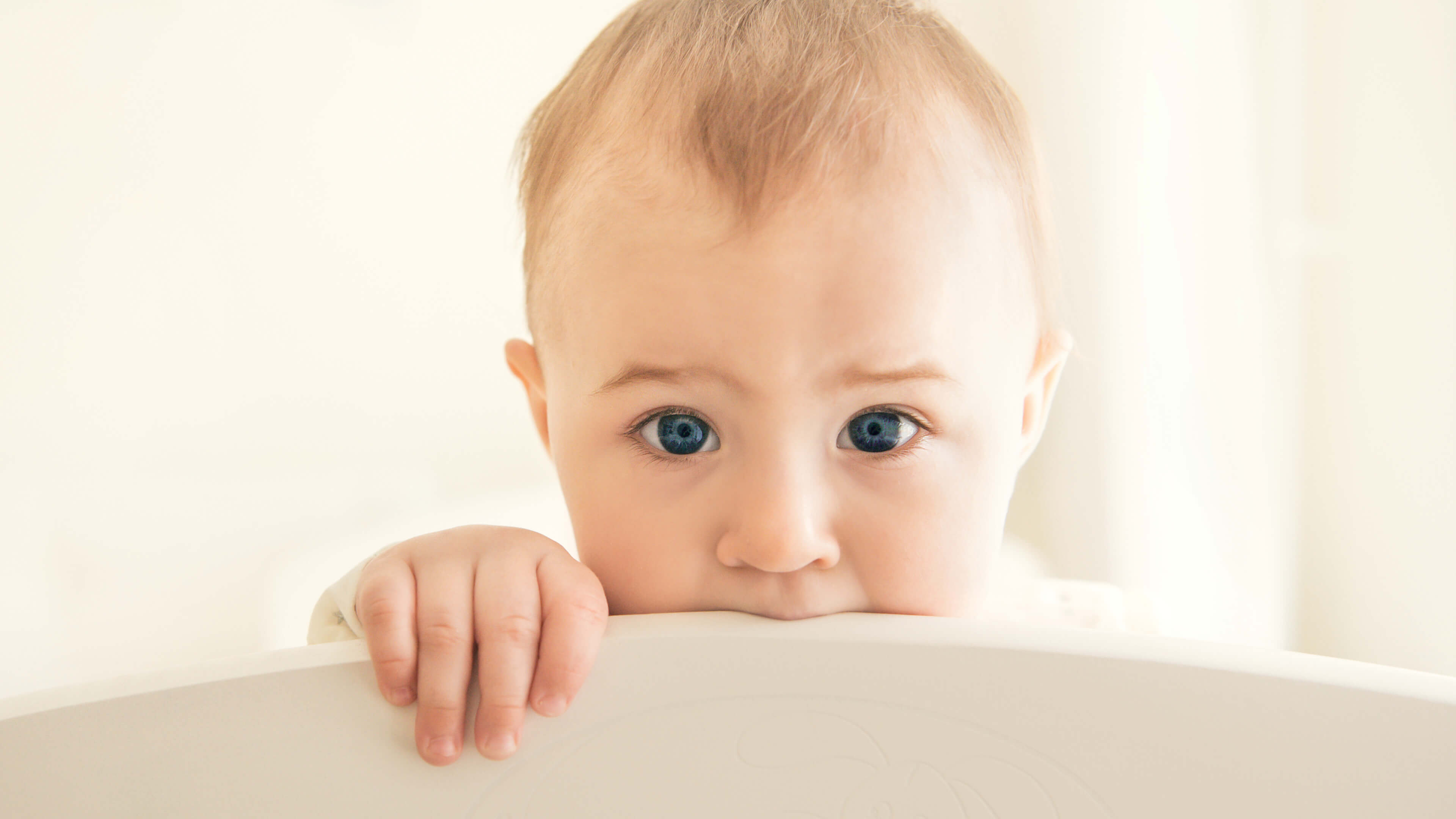
Post a Comment for "Does Teething Cause Gas"